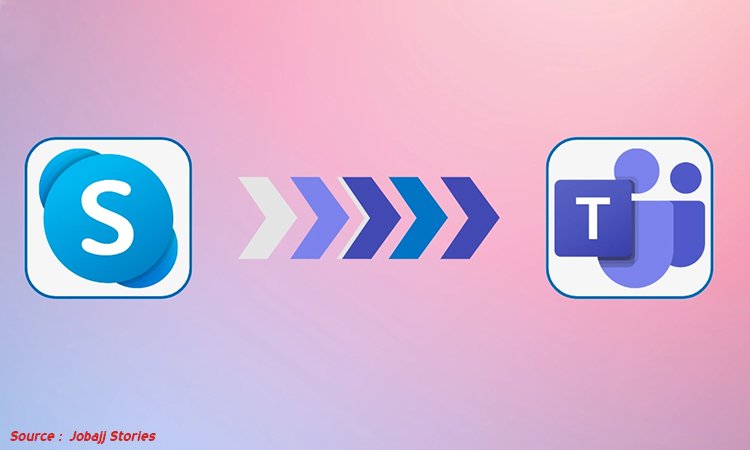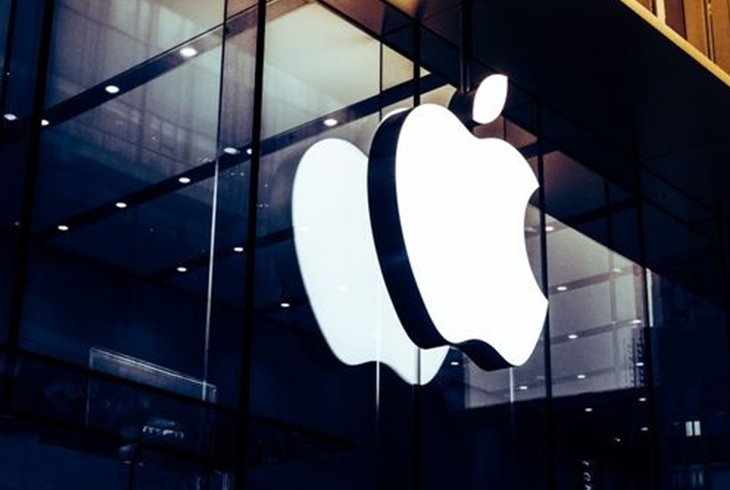A Brief
History of Skype
The Birth
of Skype (2003)
Skype was
launched in 2003 by Niklas Zennström and Janus Friis, offering free
voice calls over the internet—a groundbreaking concept at the time. By 2005, it
had 54 million users, leading to its acquisition by eBay for $2.6
billion.
Microsoft’s
Acquisition (2011)
In 2011,
Microsoft purchased Skype for $8.5 billion, integrating it into Windows,
Xbox, and Office. At its peak, Skype had 300 million users (2013) and
became synonymous with video calling, even entering pop culture as a verb
("Let’s Skype").
Key Milestones
- First
mainstream VoIP and video calling service.
- Introduced group
calls, screen sharing, and messaging.
- Played a crucial role during the COVID-19 pandemic, reaching 40 million daily users in 2020.
Why Is Skype Shutting Down?
1. Changing
Communication Landscape
With the
rise of smartphones and mobile apps (WhatsApp, FaceTime, Zoom),
Skype’s relevance declined. Microsoft shifted focus to Microsoft Teams,
which saw fourfold growth in consumer usage over the past two years.
2.
Competition from Modern Platforms
- Zoom dominated
video calls during the pandemic.
- WhatsApp
and FaceTime became default choices for personal calls.
- Microsoft
Teams emerged as a unified business and consumer solution.
3.
Technical and Business Limitations
- Outdated
infrastructure compared to cloud-native apps.
- Declining user base (from 40M daily users in 2020 to 36M in 2023).
- Microsoft no longer sees value in maintaining paid telephony features (Skype Credits, Numbers).
The Impact
of Skype on Communication
Revolutionizing
Video Calling
Skype
made free international video calls mainstream, eliminating costly
long-distance fees.
Influence
on Remote Work & Business
Before
Teams, businesses relied on Skype for Business, paving the way for modern
remote collaboration.
Personal
Connections & Globalization
Families, friends, and long-distance relationships relied on Skype, bridging global gaps.
|
What Happens to Skype Users?
1. Transition to Microsoft Teams Free
- Users can log in with Skype credentials—chats and contacts will sync automatically.
- Skype Dial Pad remains for paid users until subscriptions expire.
2. Data Export Option
- Users who don’t switch to Teams can export chat history and contacts before January 2026.
3. Key Deadlines
- April 3, 2025: Last day for Skype Credit top-ups & renewals.
- May 5, 2025: Skype shuts down completely.
Microsoft’s Strategy Moving Forward
- Focus on Teams Free for personal and small-group use.
- AI and cloud integration (e.g., Copilot, meeting transcriptions).
- Phasing out telephony features (no more Skype Numbers or international calling).
The Legacy of Skype
Skype’s influence is undeniable:
- Pioneered free global calls when telecoms charged high rates.
- Inspired modern apps like Zoom and FaceTime.
- Became a cultural icon—many still say "Skype me" instead of "video call me".
Conclusion
Skype’s retirement marks the end of a ground-breaking chapter in digital communication. While nostalgia remains, the shift to Microsoft Teams and modern alternatives reflects evolving user needs. As we bid farewell to Skype, we look ahead to a future where connectivity is more seamless than ever.












